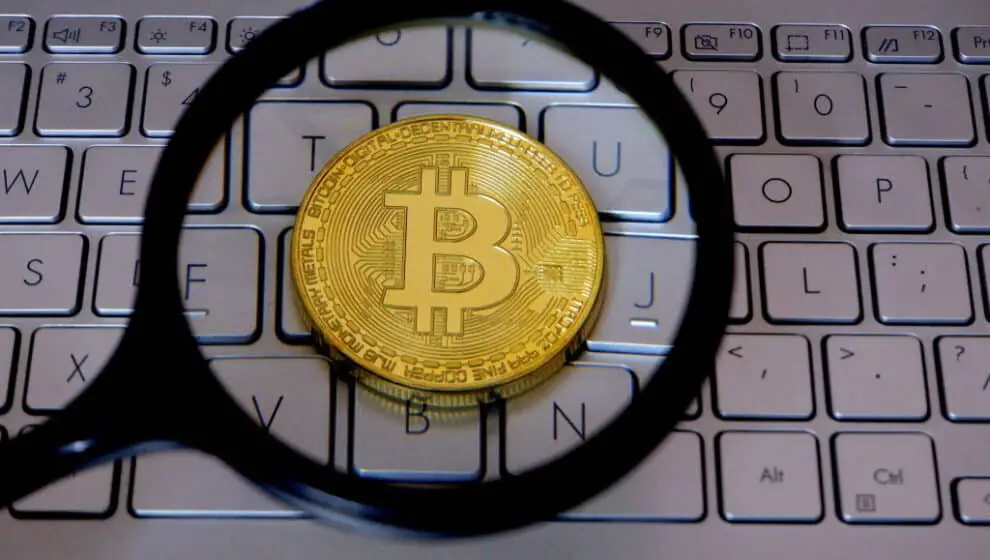An expert suggests specific actions to bring the crypto market under control in the aftermath of the collapse of FTX and Terra.
Key Details
- Two former regulators who served under the Obama administration and Trump administrations have co-authored suggestions for the direction of crypto regulation.
- Require all crypto intermediaries to implement basic customer protections, say the two regulators.
- Provide rules for stablecoin use.
- Continue rigorous enforcement of the law.
Why it’s News
The collapse of FTX and subsequent market collapse for cryptocurrency have renewed calls for greater regulation for crypto markets.
But the calls did not start in November when FTX declared bankruptcy. A bipartisan consensus has existed for months that crypto needs to be regulated. Both major parties have filed multiple crypto bills.
In the past few months, the White House, the Department of Justice, the Securities and Exchange Commission, the Federal Reserve, and Congress have all advocated cracking down on crypto.
Possible Solutions
In an op-ed for The Wall Street Journal, market regulators Jay Clayton and Timothy Massad advocated for three immediate changes—”require all crypto intermediaries to implement basic customer protections,” “provide rules for stablecoin use,” and “continue rigorous enforcement of the law.” Doing so, they argue, could stabilize markets, reduce Ponzi schemes, provide more significant risk management, and extend existing consumer protections to crypto.
“For many years, we have shared the same views on crypto regulation. Regardless of the promise of this new technology, crypto should be subject to a strong regulatory framework. Nor should concerns about the U.S. acting unilaterally or more rigorously hold us back,” say the co-authors.
Both crypto proponents and critics believe some regulation is necessary. Both sides have very different ideas about the direction of the concept, with the federal government viewing it as a means of fraud and tax evasion while proponents seeing blockchain technology as a vital proponent of the future of finance.
“Legislative proposals have recently attracted attention, but the question is whether consensus can be achieved in the wake of FTX. Crypto critics are likely to resist any legislative action that could be seen as legitimizing a sector that they distrust and wish would die of its own weight,” says The Wall Street Journal.
The technology has attracted some interest from the government. The New York Federal Reserve is experimenting with a 12-week digital dollar pilot program to test the viability of a Fed-backed currency. However, the unregulated nature of cryptocurrencies, particularly exchanges and “stablecoin” currencies, has brought forward calls to reduce its influence.
Notable Quote
“I am deeply concerned by the volatility of the cryptocurrency market and the inadequate regulatory environment in which crypto scams, fraud, theft, and evasion continue to run rampant and mom-and-pop investors’ savings have evaporated. I urge you to take steps, both in your capacity as Treasury Secretary and as Chair of the Financial Stability Oversight Council, to protect the integrity of the American sanctions regime, reduce the effects of climate change and the burden on our energy infrastructure, ensure the safety and stability of our financial system, and protect consumers and investors,” says Senator Elizabeth Warren (D-MA), who co-sponsored the Digital Assets Anti-Money Laundering Bill with Senator Roger Marshall (R-KS).
